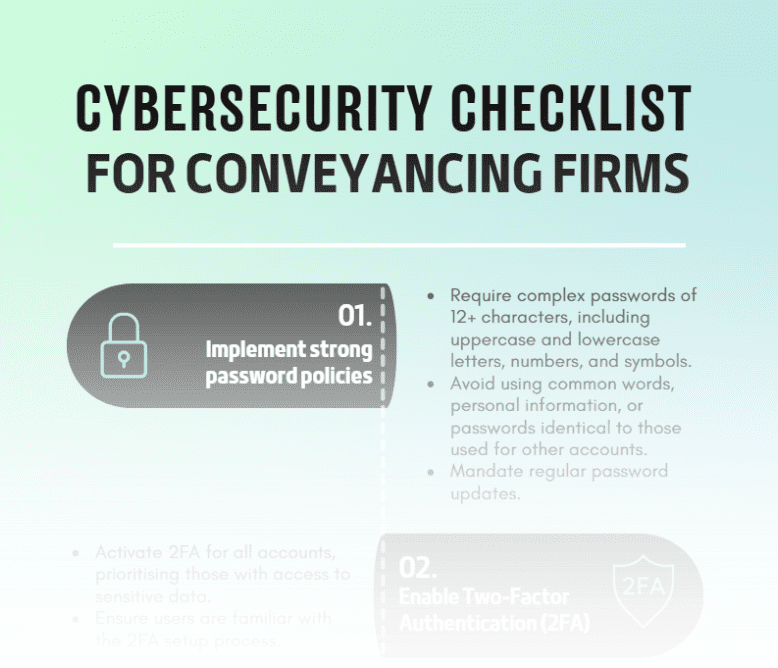Conveyancing and legal practice owners need to be aware of the number of changes that will affect their business from 1 July 2023.
These include changes to the national minimum wage, super guarantee rate, workplace laws, energy bill relief fund for small businesses, and business name fees.
National Minimum Wage increase
From 1 July 2023, the National Minimum Wage will increase by 5.75%. This means the new National Minimum Wage will be $23.23 per hour, or $882.80 per week.
This increase will apply from the first full pay period starting on or after 1 July 2023. This means if your weekly pay period starts on Monday, the new rates will apply from Monday, 3 July 2023.
Award minimum wage increase
Most employees are covered by an award – awards are legal documents that outline minimum pay rates and conditions of employment in specific industries or occupations. On 1 July 2023, minimum award wages will increase by 5.75%.
Energy Bill Relief Fund for small businesses
Your business can get bill relief if you meet the small business electricity usage criteria in your state or territory.
You don’t need to do anything – if you are eligible, you will automatically receive bill relief on your electricity bills from 1 July 2023.
If eligible, co-contributions from some states and territories mean some small businesses will receive energy bill relief of up to $650.
Business name and company registration fees
In line with an increase in the Consumer Price Index (CPI) for the March quarter, the Australian Securities and Investment Commission will increase company fees and business name fees from 1 July 2023.
Changes to workplace laws
The Australian Government has passed an amendment to the Fair Work Act to change a number of existing rules and introduce a range of new workplace laws.
Changes coming into place from 1 July 2023 include changes to the small claim’s procedure. The cap on the amount that can be awarded through small claims court proceedings will increase from $20,000 to $100,000, making the small claims procedure available to a greater number of workers.
Parental leave is also changing, from 1 July 2023, the new 20-week paid parental leave entitlement can be shared between partnered parents, while single parents will be entitled to the full 20 weeks themselves.
The 20 weeks can be claimed in separate blocks too, which means parents can take multiple parental leave breaks before their child turns two years old.
Superannuation guarantee rate
The amount of superannuation employers need to pay their employees will also change on July 1, due to a scheduled increase in the superannuation guarantee (SG) rate.
The SG rate will increase from 10.5% to 11% on July 1, 2023, and is legislated to increase further to 12% by 2025.
Employers will need to use the new rate to calculate super payments on or after July 1, even if some or all of the pay period covers work that was done before July 1.
For more changes to workplace law visit the Fair Work Ombudsman website.
made to Stay up to date with the latest conveyancing and business news by subscribing to the monthly newsletter, The Conveyancing Digest.






